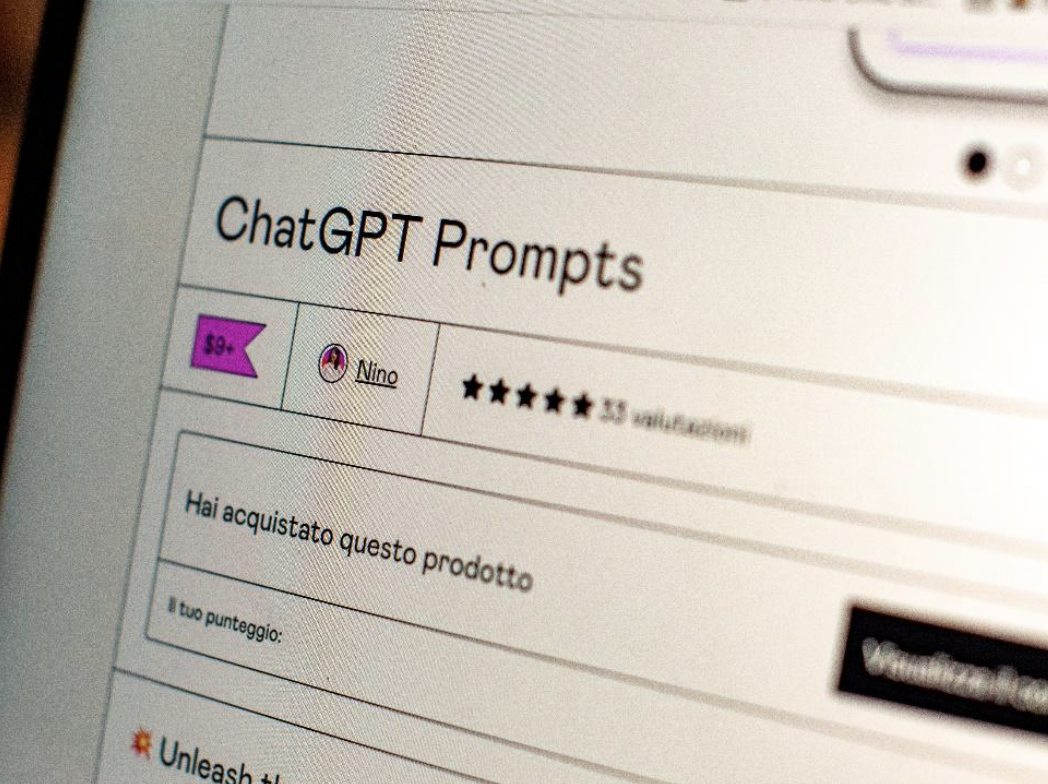One Simple Communication Change that Will Lead to Stronger Trust, Quality and Speed
I didn’t use ChatGPT to write this article, unlike my last one. However, I’ve been thinking about ChatGPT “prompt engineers” who make close to $350,000 without any previous professional experience.
Essentially, a prompt engineer asks ChatGPT really good questions in order to get really good responses.
Call them AI Whisperers.
It makes me wonder, do we undervalue people who ask other people really good questions in order to get really good responses?
In some professions, excellent human-to-human prompt engineers are highly valued. For instance, counselors, therapists, psychoanalysts, executive coaches, ministers and some sales roles acknowledge the real impact of asking great questions in order to generate better responses.
In many roles, however, the skill of effective “prompting” might often be overlooked. Higher value is placed on knowing the right answer to the question rather than getting others to contribute, consider and comprehend.
When everyone isn’t contributing, considering and comprehending, well, you know what breaks down: trust, quality and speed.
On the flip side, imagine what you might be able to gain if you spend less time telling and more time prompting: new ideas, better collaboration, faster problem solving — the list goes on.
So why leave it to the AI Whisperers? Let’s take a look at how you can take on the role of human prompt engineer.
The Foundation of Human Prompt Engineering
After years of studying the way people prompt others, I’ve come to see that the starting point for effective prompting is literally the first word in the prompt. That’s right, the first word can make all the difference as to whether you’re an Interpersonal Whisperer!
Thinking more carefully about the first word in your prompts, and potentially replacing the words you’ve been using, might result in leading and influencing others to greater trust, quality and speed.
For all but two interpersonal situations, avoid starting prompts with:
- Do
- Did
- Does
- Is
- Am
- Are
- Should
- Was
- Will
There’s nothing necessarily wrong with these words, but reserve them for these two specific situations — when you’re seeking:
1. Commitment. They can help you solidify a decision, agreement or confirmation, as in:
Will you marry me?
Does this work for you?
Are you willing to take this on?
2. Clarification. They also can provide detail and understanding, as in:
Did you say “caring” or “carrying”?
Is this legal?
Should I go now?
Does that mean you’re allergic to this?
You just need to be aware that starting a prompt with a word from this list can often:
1. Reduce psychological safety. For example, in a recent meeting, the leader began by asking the group, “Did everyone get a chance to read my email?” He visually scanned the group and found 90% of the room nodding and giving a thumbs up sign. A couple people in the meeting, however, clearly had not read the email and now felt some combination of discomfort and embarrassment, causing them to ever-so-slightly shrink back from their engagement in the meeting.
Other questions that might put people on the spot that start with these words are:
Do I look good in these pants?
Are there any questions?
Was that your idea?
Will you take on this extra work?
These questions force a positive or negative answer.
Most people most of the time will give more thoughtful responses to your questions when they feel psychologically safe to let their guard down and respond freely and with nuance.
2. Constrain responses. You may be looking at this list thinking, Matt’s talking about close-ended questions. Basically, yes. Close-ended questions are prompts with a set of pre-determined responses — binary or multiple-choice answers. This, of course, limits the breadth and depth of response that someone might provide. Close-ended questions work well on a survey that aggregates responses from many people, but they can stifle thinking and collaboration in a meeting or conversation.
Instead of using those words to start your prompt, simply replace them with:
- How
- What
- Why
These questions almost invariably increase psychological safety and open up responses. You can change:
Does that make sense? to How do you feel about that?
Are there any questions? to What questions do you have?
Will you take on this extra work? to Why might you want to take this on?
By the same token, effective prompt engineering is an art. There aren’t rigid rules here. You could probably think of exceptions to these guidelines along with other examples of questions that get better when they replace the first word with how, what or why.
The bottom line is that the better the question, the better the response.
In your role as a parent, leader or professional, you can build more trust, quality and speed by working on the way prompts begin.
How could you apply this one change in your work and life?










Comments are closed here.